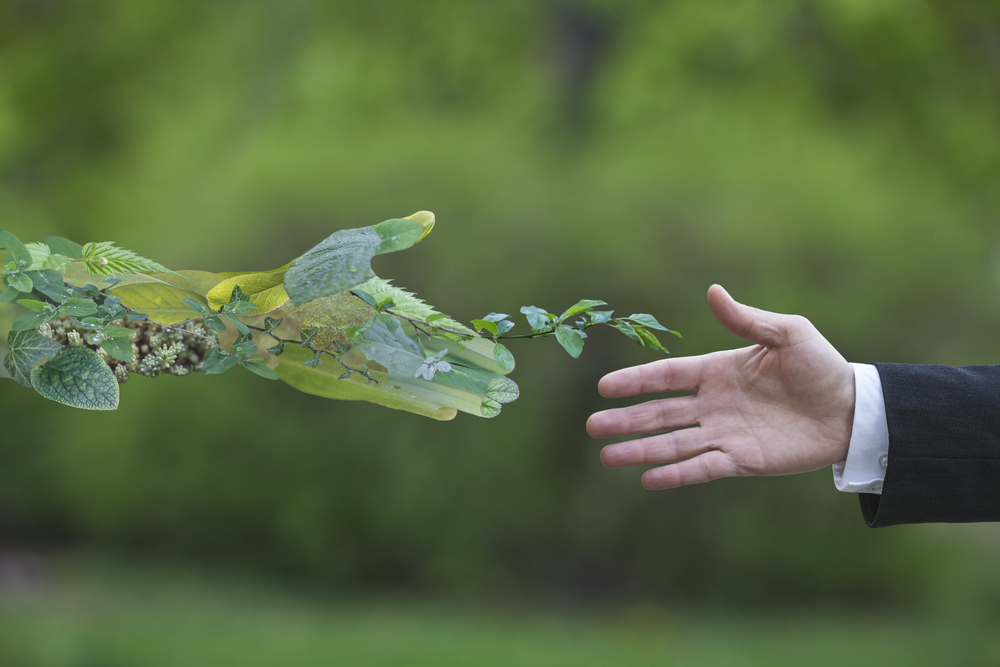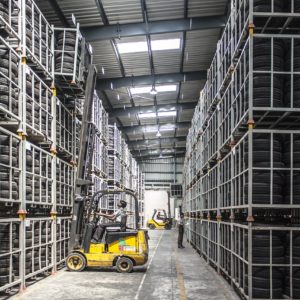Science for a Sustainable Future: The world is facing a multitude of crises. Some of the most severe include: an urban crisis, with increasing air pollution and nearly a quarter of the urban population living in slums; a health emergency, exacerbated by the coronavirus epidemic and the rise of chronic diseases; unsustainable food and land-use systems that drive environmental degradation and poor nutrition; and the use of fossil fuels, deforestation, agriculture, and other unsustainable land-use practices drive the climate crisis. As COVID-19 has spread, it has underscored how interconnected our world is and the importance of science in ensuring a sustainable future.
Tackling each of these crises requires scientific knowledge and expertise for diagnosing challenges and developing solutions. The failure of some of the richest countries to prevent large outbreaks of COVID-19 shows that every country must do better in harnessing science. Stronger international cooperation and greater collaboration between policymakers and scientists are needed to mobilize science to achieve the Sustainable Development Goals (SDGs) in every country.
On October 8 2020, Springer Nature and the UN Sustainable Development Solutions Network (SDSN) with its Thematic Research Network on Data and Statistics (TReNDS) hosted a three hour virtual conference on science for a sustainable future. This global virtual conference brought together policymakers, government representatives, UN officials, as well as leading scientists from around the world to discuss the role of science in achieving the SDGs.
You can tune into each of the individual sessions below.
The UN Sustainable Development Solutions Network (SDSN) was established in 2012 under the auspices of the UN Secretary-General. SDSN mobilizes global scientific and technological expertise to promote practical solutions for sustainable development, including the implementation of the Sustainable Development Goals (SDGs) and the Paris Climate Agreement. SDSN works closely with United Nations agencies, multilateral financing institutions, the private sector, and civil society.












Comments